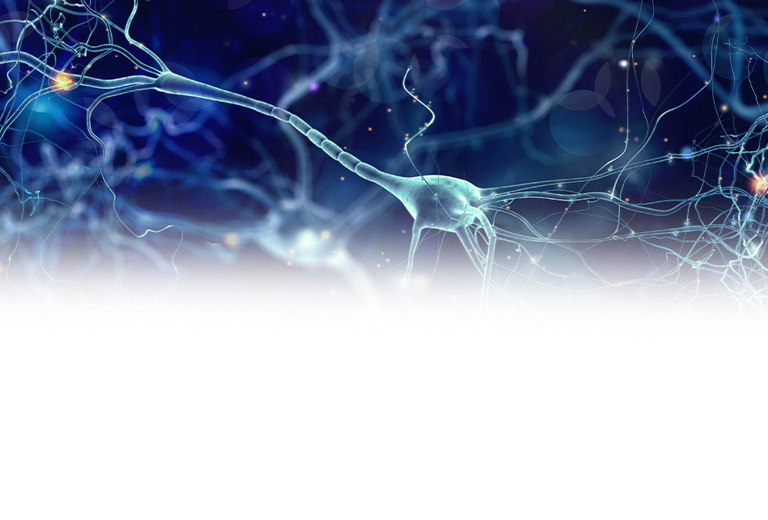Fascinating and mysterious: brain and nerves
Complex, always active and a top energy consumer: The brain with its approximately 100 billion neurons controls almost all vital processes in the body, processes sensory impressions and lets us think and feel. As part of the central nervous system, however, it is also susceptible to diseases that manifest themselves both physically and psychologically. Triggers are usually infections, consequences of a certain lifestyle or genetic disposition. For some diseases, the exact causes are still unknown and remain a mystery to scientists and doctors. Others are now well researched and can be successfully treated. The prerequisite for this is a reliable diagnosis, to which we are happy to contribute. Here are the most important clinical pictures; you will find all our analyses in our test list.
Dementia
Differentiating different forms of dementia is a challenge. From blood we can diagnose more general forms of dementia, for example those caused by thyroid disorders or infectious diseases. The examination of cerebrospinal fluid remains the best way to perform more in-depth dementia analysis.
We would be pleased to discuss the test options with you prior to a diagnostic test.
Infections
There is a whole range of infections that affect and can damage the central nervous system. Headaches, fever and neck stiffness are typical symptoms of meningitis. If the brain itself is affected by an inflammation, it is called encephalitis. Neurosyphilis is the consequence of an untreated syphilis infection and leads to psychiatric and neurological complaints. And a Borrelia infection, triggered by a tick bite, can also take root in the nervous system: neuroborreliosis. With all these diseases, the earlier they are discovered, the greater the chance of cure. We are happy to answer any questions you may have about our diagnostics.
Multiple sclerosis
When the nerve fibres lose their sheath (myelin sheath), signals can no longer be reliably transmitted. Walking or getting up are then impossible for a moment. Inflammatory processes of the nerve cells are responsible. Multiple sclerosis is one of the most common diseases of the central nervous system (CNS) and cannot be cured. However, flare-ups can be slowed down if MS is treated early. The decisive factor is the diagnosis. The cerebrospinal fluid protein diagnosis is considered a basic building block for clarification. By the way, it is also used for many other diseases of the CNS, such as brain traumas, tumours or infections.

